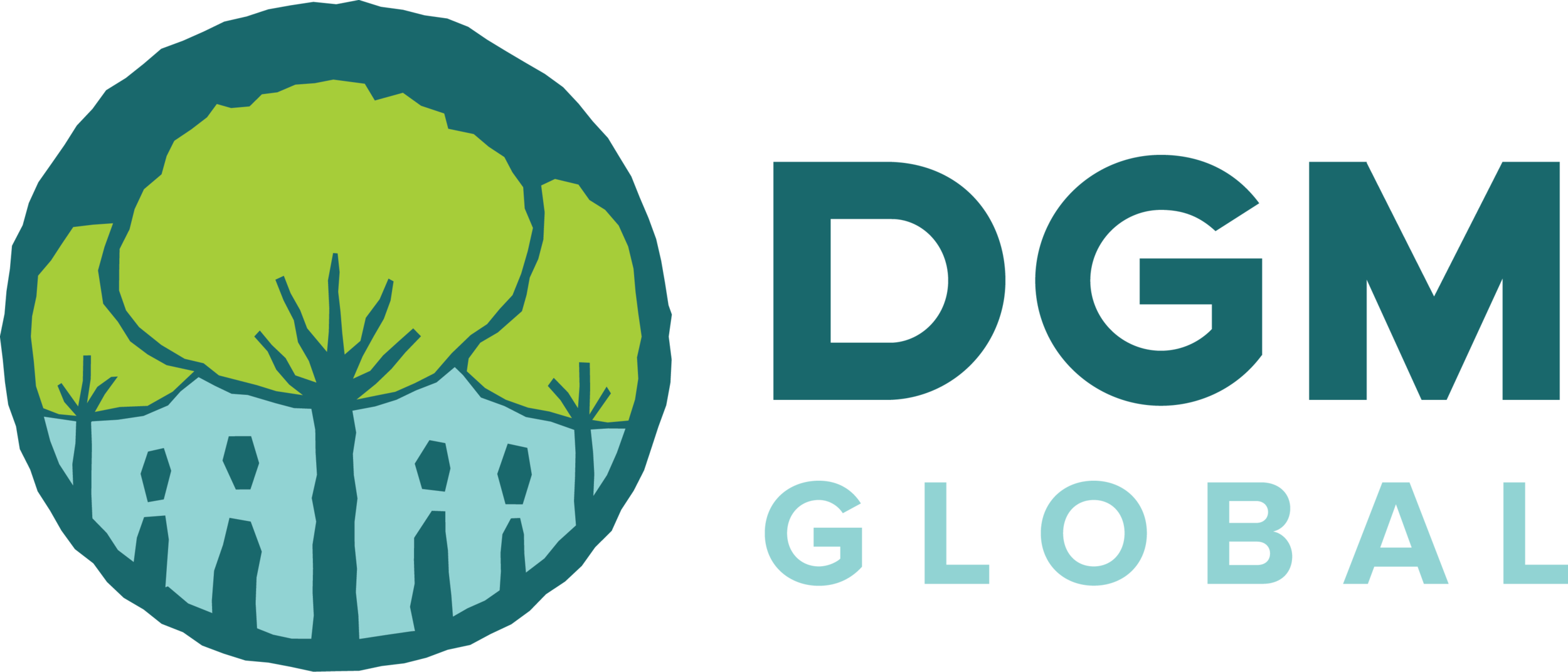A Step Forward at COP 23: The Local Communities and Indigenous Peoples Platform
DGM Global cannot guarantee the accuracy of Google translations. In case of discrepancies, the original language takes precedence.
The LCIP Platform originated from a decision taken two years ago at COP 21 in Paris. Decision 1/CP.21, Paragraph 135 refers to the following:
"[The Conference of the Parties] Recognizes the need to strengthen knowledge, technologies, practices and efforts of local communities and indigenous peoples related to addressing and responding to climate change and establishes a platform for the exchange of experiences and sharing of best practices on mitigation and adaptation in a holistic and integrated manner;"
By Luis Barquin-Valle
Bonn, Germany - November 15, 2017:
Today, COP 23 reached one of the major priorities expected for this year’s climate negotiations: a decision to operationalize the Local Communities and Indigenous Peoples Platform (LCIP Platform) that was part of the Paris Agreement. This is a step forward in recognizing the knowledge systems and efforts of local communities and indigenous peoples in addressing climate change. The accomplishment is also a much-needed signal on the importance of including non-party stakeholders to raise the ambition of countries to achieve the climate commitments laid out in the Paris Agreement. This outcome is also a milestone in advancing the UNFCCC’s commitment to respect and promote the rights and interests of indigenous peoples and local communities.
This decision on the LCIP Platform includes a defined purpose, function and initial steps to set up the structure through a facilitative working group. Among its functions, the platform is expected to build the capacities of indigenous peoples and local communities (IPLCs) for greater engagement in UNFCCC processes in the context of the Paris Agreement and other climate change-related processes. It will also facilitate stronger and more ambitious climate action by IPLCs that could contribute to the achievement of Nationally Determined Contributions. One of the points discussed on this agenda item was designing a non-negotiating body in accordance to the UNFCCC’s rules of procedure. In other words, it was important to create a space for dialogue under the convention with equal status between IPLCs and Parties. This required innovative thinking and drawing on past precedents.
Beyond the content of this decision, which deserves its own full article of analysis, this negotiation was a success for many key contributing factors. The participation of IPLCs was always constructive, proactive and clear. The negotiations were conducted in a way that was transparent, inclusive and receptive to the views of non-party stakeholders. The meetings were open to observers and the negotiators frequently consulted representatives of indigenous peoples’ organizations on their views related to specific aspects of the text under consideration. The co-facilitators and secretariat performed their roles exceptionally in facilitating the discussions and managing the time effectively to achieve the expected outcome. And finally, the full commitment and leadership of Fiji COP23 Presidency together with the chair of the Subsidiary Body for Scientific and Technological Advice (SBSTA), were also key to reach this result.
As 2018 approaches, more attention will be devoted to the finalization of the Paris Agreement Implementation Guidelines and the Facilitative Dialogue. The LCIP Platform will be in very early stages, but it will be an opportunity to test how the Platform could contribute to decisions on national actions, including country revisions of their NDCs and the Global Stocktake process. This is an opportunity for incremental progress to strengthen the vertical and horizontal connections needed to build a more equitable and inclusive climate governance.
Today we celebrate a big accomplishment for indigenous peoples and local communities in the UNFCCC. Congratulations to all the friends of the LCIP Platform, including Fiji COP23 Presidency, SBSTA chair, Ecuador, Guatemala, Costa Rica, Colombia, Bolivia, Brazil, the European Union, Norway, Canada, Australia, New Zealand, the United States, China, Indonesia, the Solomon Islands, and all the negotiators whose commitment made this possible.
Luis Barquin-Valle works with the DGM Global Executing Agency at Conservation International.
